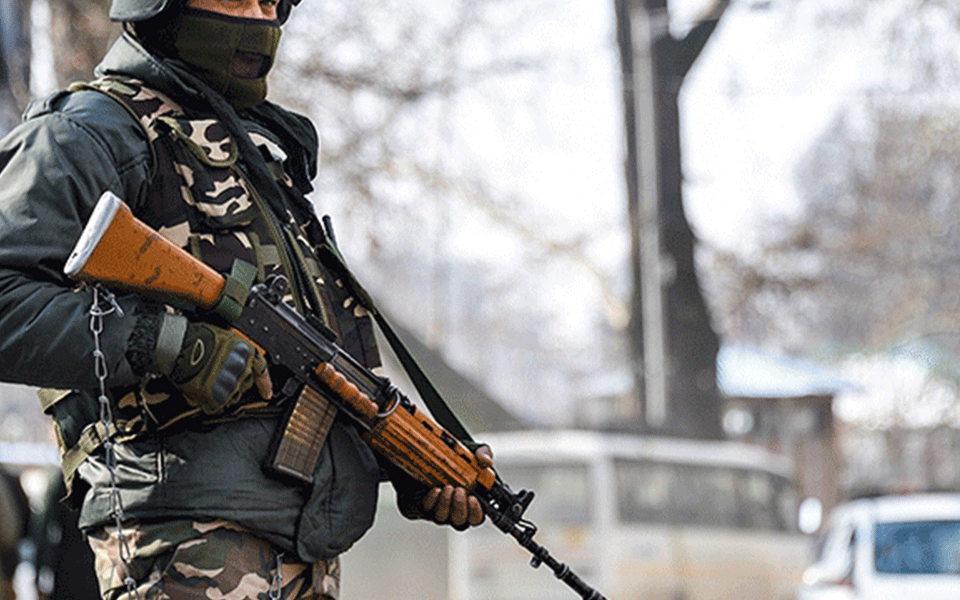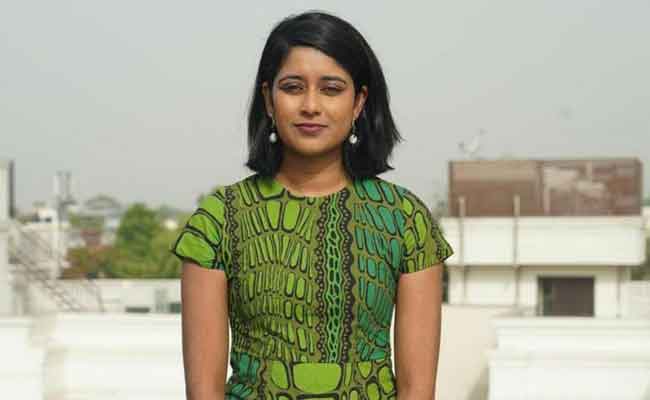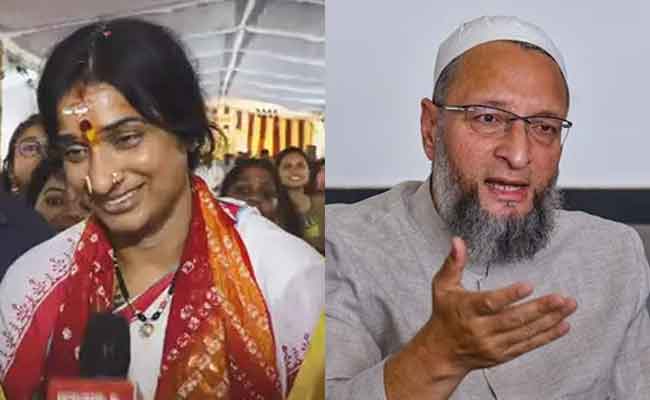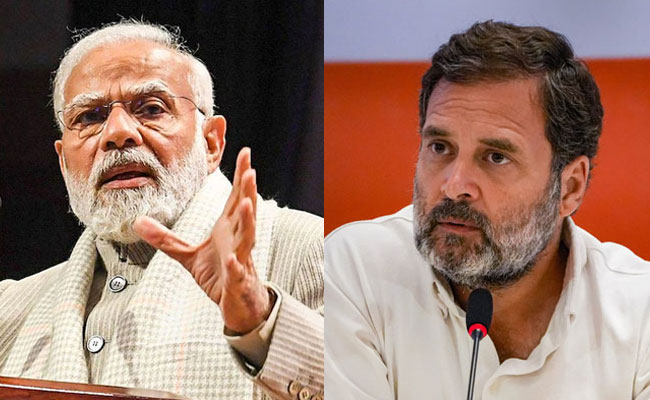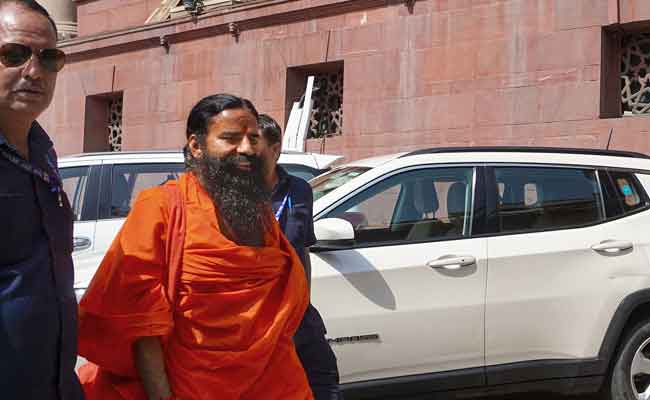Srinagar: Restrictions were lifted from most parts of Kashmir on Wednesday and some areas in Srinagar city witnessed an increased presence of private transport leading to traffic jams but schools remained closed and public transport was off the roads, officials said.
The city witnessed increased movement of private vehicles on Wednesday leading to traffic jams at several places on the Karan Nagar-Batamaloo-Lal Chowk-Dalgate axis, the officials said.
They said few auto rickshaws and inter-district cabs were also seen plying in some areas of the city.
The officials said restrictions have been lifted from most areas of the valley, but security forces continued to be deployed to maintain law and order.
The restrictions were re-imposed in parts of the valley on Tuesday to prevent any procession in the city and elsewhere in the valley on the tenth day of Muharram. The curbs on the movement of people in some parts of the valley are imposed every year on the eight and the tenth day of Muharram to prevent any processions.
Restrictions were first imposed across the Kashmir on 5 August when the Centre announced its decision to abrogate Article 370 of the Constitution and bifurcate the state into two Union territories. The restrictions were lifted in phases from many parts of the valley as the situation improved with passage of time.
However, the authorities have been imposing restrictions in vulnerable areas of the valley every Friday, apprehending that vested interests might exploit the large gatherings at big mosques and shrines to fuel protests.
Friday prayers have not been allowed at any of the major mosques or shrines in the valley for the past one month now. Meanwhile, normal life remained severely affected in Kashmir due to shutdown which entered 38th day on Wednesday.
Markets and other business establishments remained closed, while public transport was off the roads across the valley, the officials said.
The efforts of the state government to open schools have not borne any fruit as parents continued to keep children at home due to apprehensions about their safety.
Most of the top-level and second rung separatist politicians have been taken into custody while mainstream leaders including three former chief ministers Farooq Abdullah, Omar Abdullah and Mehbooba Mufti have also been either detained or placed under house arrest.
Let the Truth be known. If you read VB and like VB, please be a VB Supporter and Help us deliver the Truth to one and all.
New Delhi (PTI): An Australian journalist on Tuesday claimed that she was forced to leave India after the government refused to extend her work visa contending that her reportage had "crossed a line".
Avani Dias, the South Asia Bureau Chief of the Australian Broadcasting Corporation, said she had to leave India on April 19, the day the Lok Sabha elections started after the government objected to her reporting on the assassination of Sikh separatist Hardeep Singh Nijjar.
"Last week, I had to leave India abruptly. The Modi Government told me my visa extension would be denied, saying my reporting 'crossed a line'," Dias said on X.
"We were also told my election accreditation would not come through because of an Indian Ministry directive. We left on day one of voting in the national election in what Modi calls "the mother of democracy," said Dias, who had been working in India for the past two-and-a-half years.
She said after intervention from the Australian government, her visa was extended for two months which was conveyed "less than 24 hours before my flight".
The Australian Broadcasting Corporation said Dias was informed of the decision by an official from the Ministry of External Affairs, who said her most recent Foreign Correspondent episode "crossed a line".
ABC said YouTube has also blocked access in India to an episode of its news series Foreign Correspondent on the Nijjar killing.

